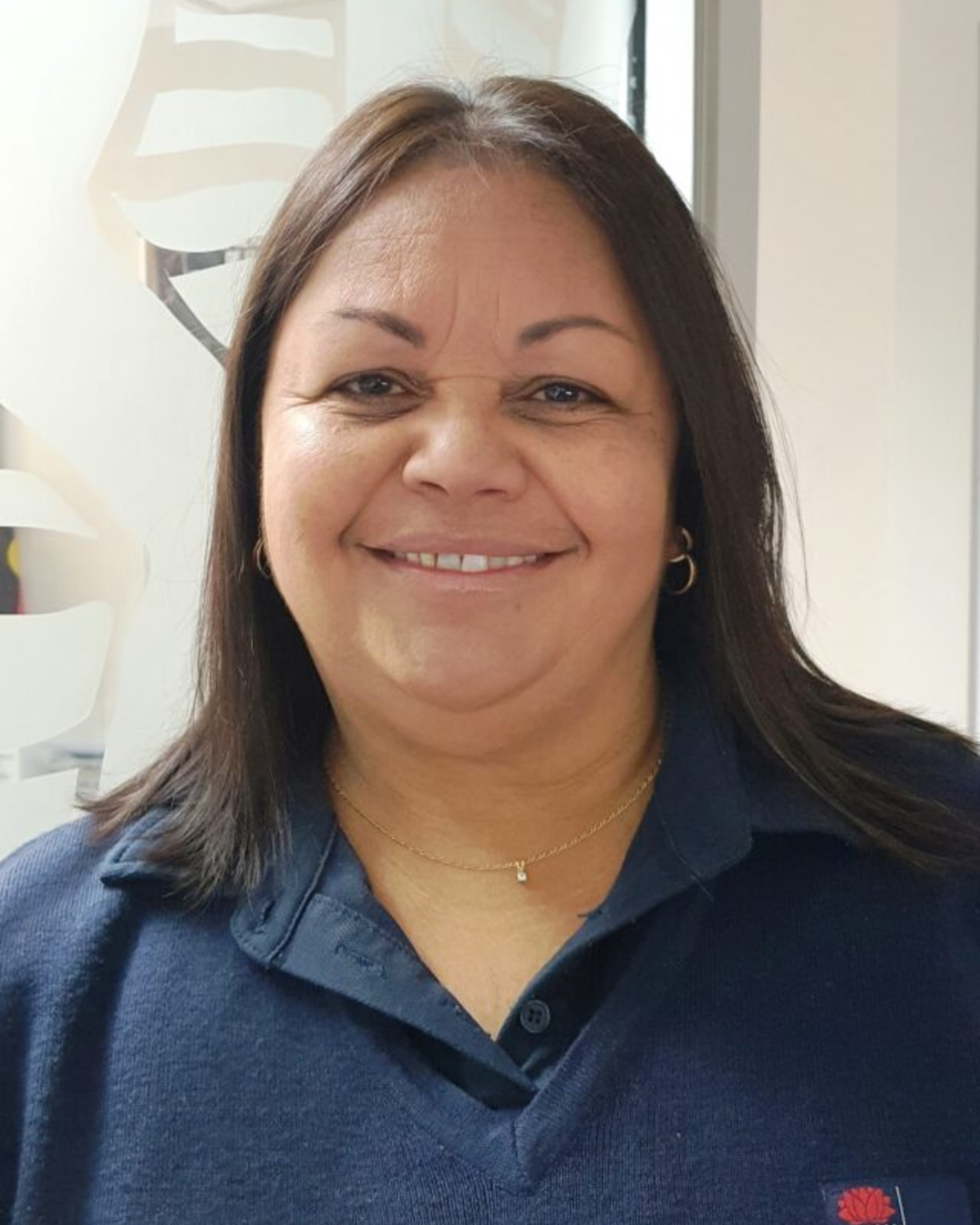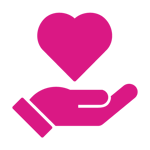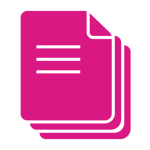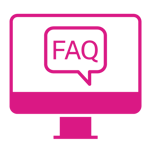Mandy shares her story for reconciliation week. Mandy is an Aboriginal Health Worker who supports Aboriginal women to access breast screening in a culturally safe way. Her dedication helps build trust, improve health outcomes, and strengthen community connections.
My name is Mandy, and I’ve been working in health for the past 14 years. I'm based in Armidale, and in my position, I help connect Aboriginal people with the services they need and ensure that they’re treated with respect and in a culturally safe environment.
Reconciliation is about bringing people together, building stronger relationships between Aboriginal and non-Aboriginal people, and appreciating our differences so we can work better together.
My involvement with BreastScreen NSW is both personal and professional. Breast cancer runs in my family, so I’m passionate about educating women and organising group screening days for women in my community.
Some women feel shame or embarrassment, or they’re worried it will be uncomfortable. That’s where we come in. Aboriginal workers and the local health promotion teams come together, we set up a table at the van with brochures and information to help women feel more at ease.
Sometimes I’ll say, “Just come along, we’ll show you through the van, have a look, and then you can decide.” That way, women become familiar with the environment before they commit. I’ve seen women walk out of their first screening saying, “That wasn’t too bad! I’m going to tell my sisters to come along too.” That kind of response is so powerful. It starts a ripple effect across the community.
Some women prefer to go in a group, others make their own appointments when they receive reminder letters. Either way, it’s great because they’re taking that initiative. I always make sure they feel supported no matter how they choose to attend.
When someone has a positive experience, they talk about it. They tell their daughters, their sisters, and it encourages others to book in. One woman told me she’d never been screened before, only did self-examinations. I encouraged her to come with the group, and she did. A few weeks later, she told me she’d been recalled and had to go to the specialist. Her family thanked me. That moment meant a lot to me. It reminded me why I do this work, to keep our women safe and well.
If I had one message for Aboriginal women, it would be this: early detection is key. Catch it early, not later. Screen every two years between the ages of 40 and 74. If you’re feeling shame or nervous, talk to your Aboriginal health worker, Women’s Health nurse, or GP. They’ll support you. Screenings are free, and you can go with a family member, friend, or in a group. Just give it a try. Take that first step.




